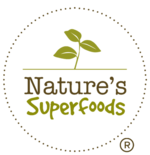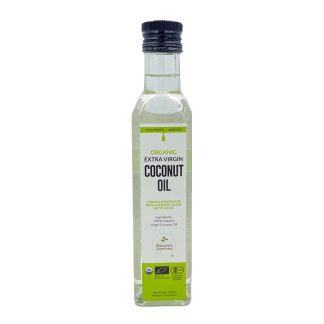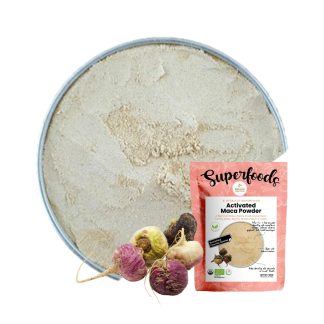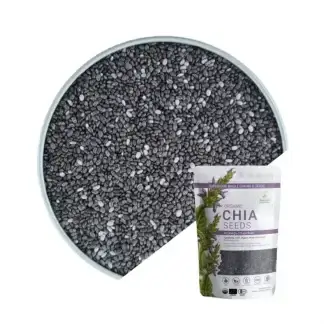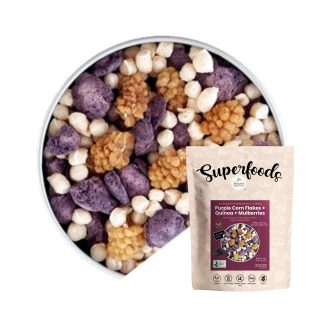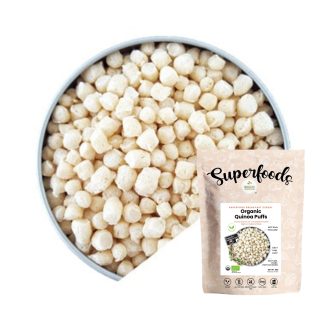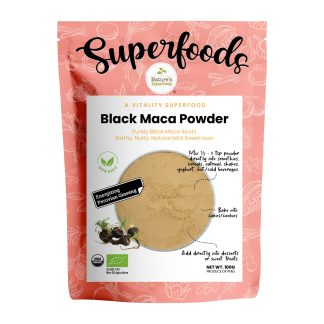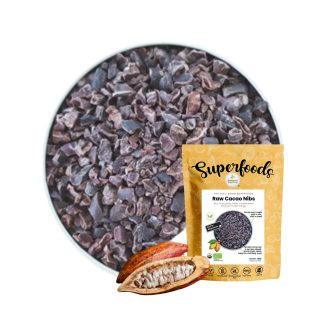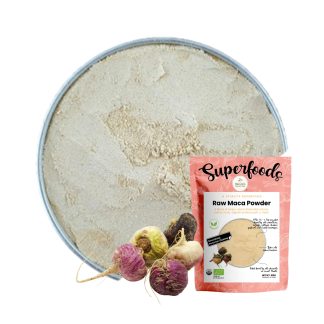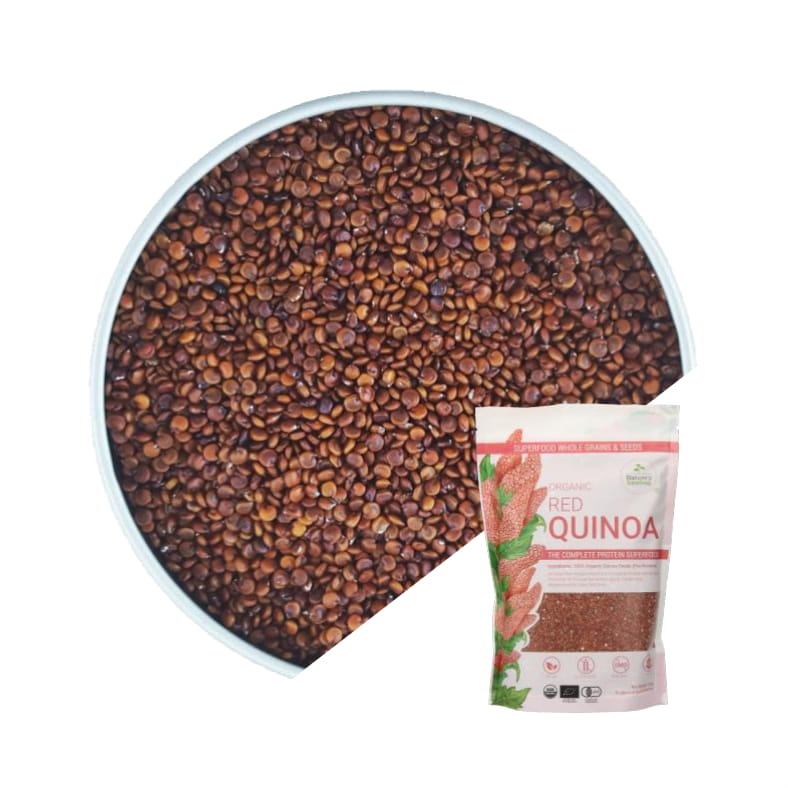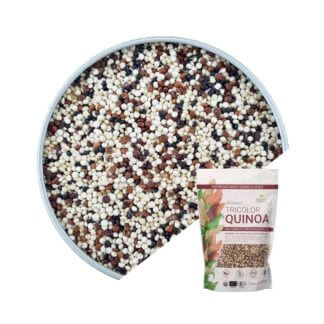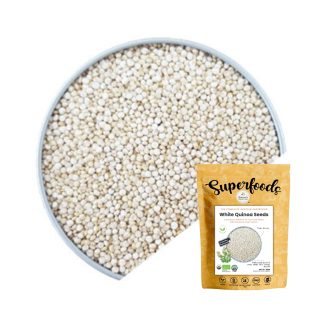-
No products in the cart.
Fertility
In Singapore, up to 1 in 6 Singapore couples are affected by infertility (i.e. failure to achieve pregnancy after 12 months of unprotected sexual intercourse).Some common factors include age of the couple. weight status (underweight/overweight), hormone levels and issues with reproductive organs. Evidence also suggests that nutrition plays an important role in affecting fertility-related outcomes in both males and females. In particular, it was observed that a dietary pattern that is consistent with the recommendations for healthy eating (high consumption of wholegrains, polyunsaturated fats, fruit and vegetables) is associated with improved fertility in females and higher semen quality in males.
Food to consume
Wholegrains
Females who have an average wholegrains intake of 34.2 g/day (around 1.2 servings/day) is associated with a higher probability of implantation and live birth (p-trend=0.02 and 0.03, respectively). This is associated with their higher intake of bran which is packed with various nutrients such as B vitamins, iron, copper, magnesium, zinc and antioxidants. Aside from brown rice, other sources of wholegrains include quinoa, wholemeal bread, oats and millet.
Polyunsaturated fats
Polyunsaturated fats (Omega-3 and Omega-6) have been shown to yield reproductive benefits in both males and females. It was observed that males who have a higher intake of omega-3 fatty acids was associated with significantly more favourable sperm quality, while females who consumed higher levels of omega-3 and omega-6 had a higher incidence of pregnancy than those with lower intake of these nutrients.
Although oily fishes such as salmon, sardines and Spanish mackerel are generally higher in omega-3, there is a possibility of environmental contamination from mercury and other toxins. Hence, obtain your sources of omega-3 from a variety of sources such as chia seeds, unsalted baked nuts, sacha inchi seeds, chia seed oil, sacha inchi seed oil and olive oil.
Fruit and Vegetables
Comparing females who consume fruit for at least 3 times/day, the effects of consuming fruit for ≥1–<3 times/day, 1–6 times/week or <1–3 times/month corresponded to a 7, 18 and 29% increase in risk of infertility. On a separate note, consumption of vegetables (i.e. particularly green leafy vegetables) has been found beneficial for fertility as its rich in folic acid and iron.
Adaptogens
Adaptogens are herbs that can enhance human body functions and can resist a range of adverse conditions such as physical, chemical and biological stress. In particular, Maca, which belongs to the brassica (mustard) family has been observed to increase semen quality, libido, germ cell quality.
Foods to avoid
Red meat
Research suggest that red meat may have a negative impact on fertility as it promotes the likelihood of blastocyst formation. Hence, it is ideal to have a moderate consumption of red meat and obtain your protein source from a variety of food such as white meat (e.g. chicken breast, fish), beans, eggs and even snacks such as purple corn-quinoa cereal.
Sweetened Soda
Based on a prospective cohort study of 3,628 females planning to become pregnant, it was observed that female who consumes 3 or more servings of sweetened soda daily had a 52% lower rate of pregnancy compared to women who did not report any consumption of sweetened soda consumption, while these results may be indicative of the adverse effects of sugar intake on fertility among women, further research would be needed. Nonetheless, existing data suggest that high consumption of sugar is associated with lower semen quality and increased infertility among male.
To satisfy your sweet cravings, go for your favourite fruit or even dipping your raw cacao nibs with yacon root syrup for a healthier sweet treat.
Caffeine
Females who consumed more than one cup of caffeinated beverage (e.g. coffee, tea, etc) daily were observed to be half as likely to become pregnant, as compared to women who drank less.
Alcohol
Alcohol consumption is associated with an increased risk of infertility and delayed time to get pregnant.
Trans fat
Trans fats increase the risk of infertility in women as trans fat promotes ovulation complications. Hence, avoid pastries, commercially deep-fried food and products containing vegetable shortening and hydrogenated/partially-hydrogenated oils. If you are baking at home, consider using organic extra virgin coconut oil. Not only is it a healthier option, it also helps to bring out additional flavors of your pastries.
Conclusion
All in all, regardless if you are a male or female trying to become a parent, eat a healthy diet. It not only helps to improve your quality of life, it would also improve your fertility.
References
- Virtus Fertility Centre. 2021. Couples Fertility Check Up [ONLINE] Available at: https://www.virtusfertilitycentre.com.sg/en/fertility-treatments-services/couples-fertility-check-up. [Accessed 22 May 2021].
- Thomson Fertility Centre. 2021. What Factors Affect Fertility [ONLINE] Available at: https://thomsonfertility.com.sg/factors-affecting-fertility/. [Accessed 22 May 2021].
- Gaskins AJ, Chiu YH, Williams PL, et al. 2016. Maternal whole grain intake and outcomes of in vitro fertilization. Fertil Steril. 105(6):1503-1510.
- Panth N, Gavarkovs A, Tamez M, Mattei J. 2018. The Influence of Diet on Fertility and the Implications for Public Health Nutrition in the United States. Front Public Health. 6:1-7.
- Jessica A Grieger, Luke E Grzeskowiak, Tina Bianco-Miotto, Tanja Jankovic-Karasoulos, Lisa J Moran, Rebecca L Wilson, Shalem Y Leemaqz, Lucilla Poston, Lesley McCowan, Louise C Kenny, Jenny Myers, James J Walker, Robert J Norman, Gus A Dekker, Claire T Roberts. 2018. Pre-pregnancy fast food and fruit intake is associated with time to pregnancy, Human Reproduction, 33(6): 1063–1070
- Mount Alvernia. 2021. Ask The Experts: Foods You Should Be Eating Before You Get Pregnant [ONLINE] Available at: https://mtalvernia.sg/news/foods-you-should-be-eating-before-you-get-pregnant/ [Accessed 23 May 2021].
- José́ Manuel Lozano Sánchez, Zoraida Axtle Serrano, Julio Avilés Durán, Héctor Salvador Godoy Morales, Paola Berenice Merchand Álvarez, Ricardo Mera Mejía, Luis Felipe Montaño Estrada, Erika Patricia Rendón Huerta. 2017. Peruvian Maca and Possible Impact on Fertility. Journal of Nutritional Health & Food Engineering. 6(5): 165-166
Browse Superfoods for Fertility
Showing all 11 results
-
Organic Extra Virgin Coconut Oil
$9.95 – $27.90 View More This product has multiple variants. The options may be chosen on the product page -
Organic Gelatinized (Activated) Maca Powder
$8.99 View More This product has multiple variants. The options may be chosen on the product page -
Organic Premium Black Chia Seeds
$11.90 – $22.90 View More This product has multiple variants. The options may be chosen on the product page -
Organic Purple Corn-Quinoa-Mulberries Cereal Mix
$12.99Out of stock
View More This product has multiple variants. The options may be chosen on the product page -
Organic Quinoa Puffs
$6.90 – $17.90Out of stock
View More This product has multiple variants. The options may be chosen on the product page -
Organic Raw Black Maca Powder
$10.00 View More This product has multiple variants. The options may be chosen on the product page -
Organic Raw Cacao Nibs
$18.50 View More This product has multiple variants. The options may be chosen on the product page -
15%
Organic Raw Maca Powder
Sale! $6.79 – $25.42 View More This product has multiple variants. The options may be chosen on the product page -
Organic Red Quinoa Seeds
$9.90Out of stock
View More This product has multiple variants. The options may be chosen on the product page -
Organic Tricolor Quinoa Seeds
$9.95 – $17.95 View More This product has multiple variants. The options may be chosen on the product page -
Organic White Quinoa Seeds
$9.90 – $17.90Out of stock
View More This product has multiple variants. The options may be chosen on the product page
Showing all 11 results
